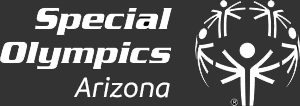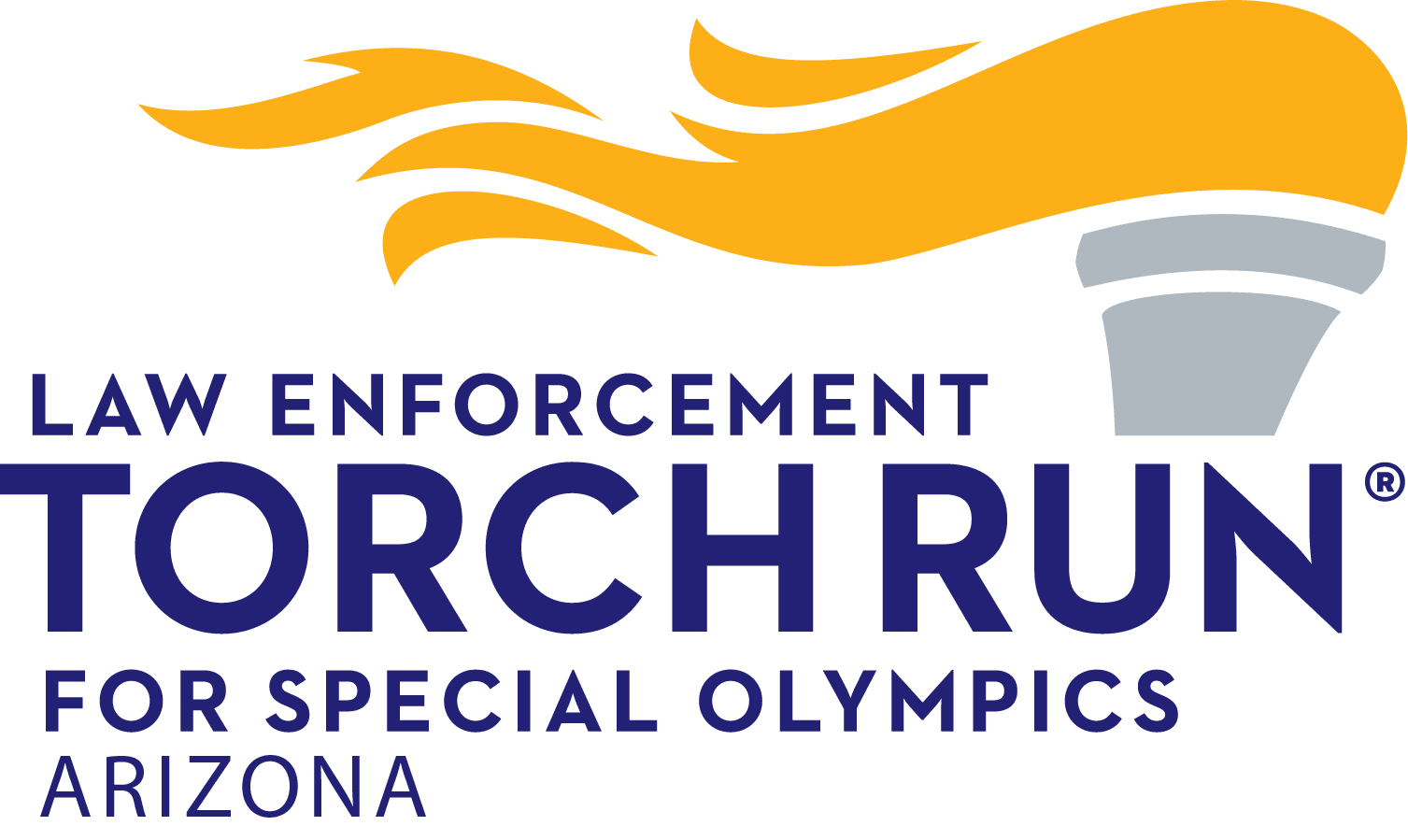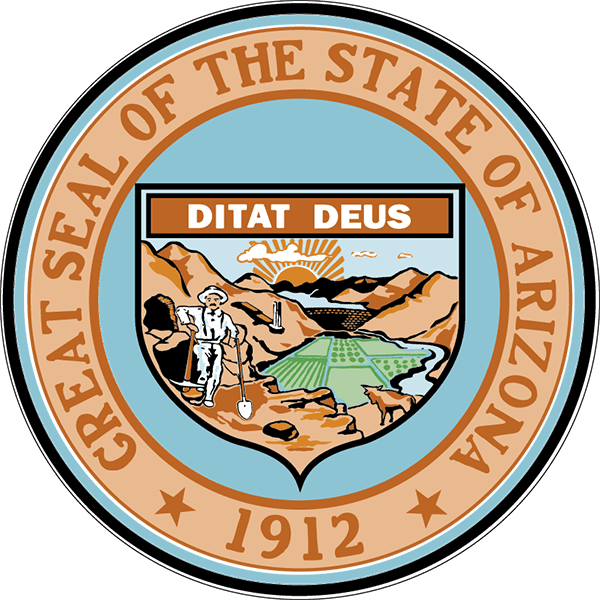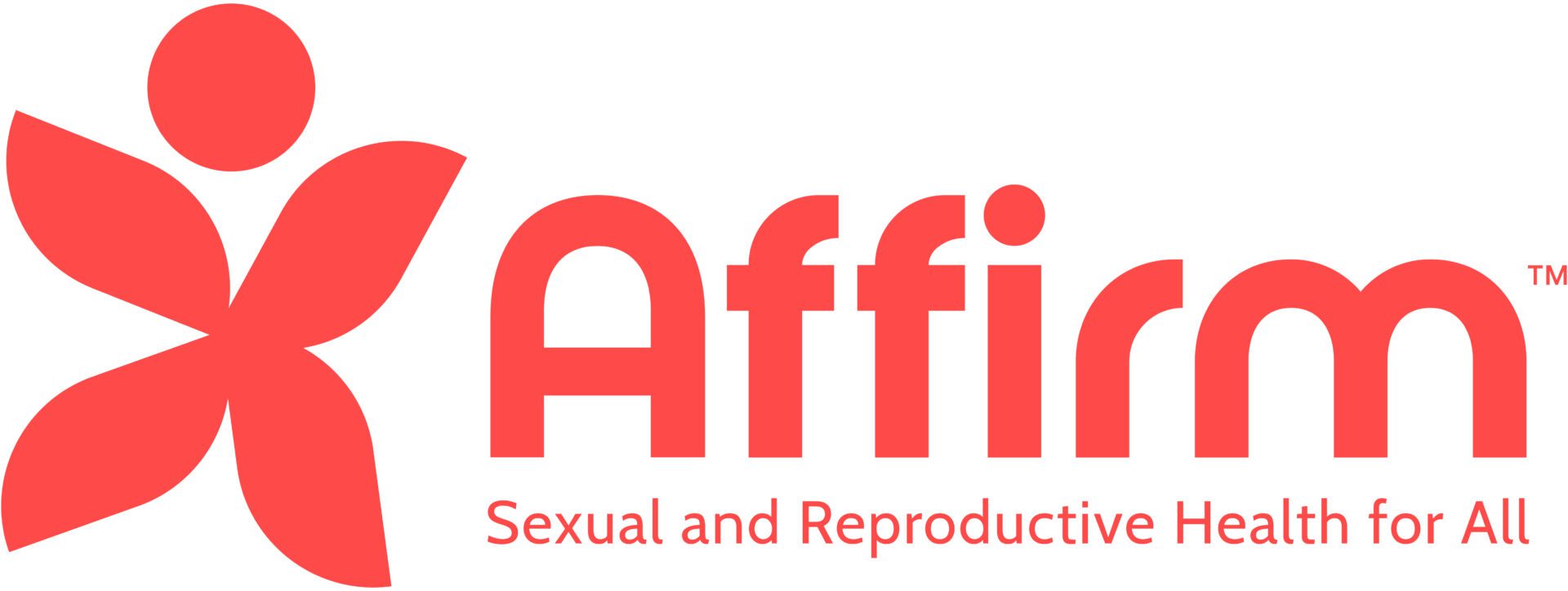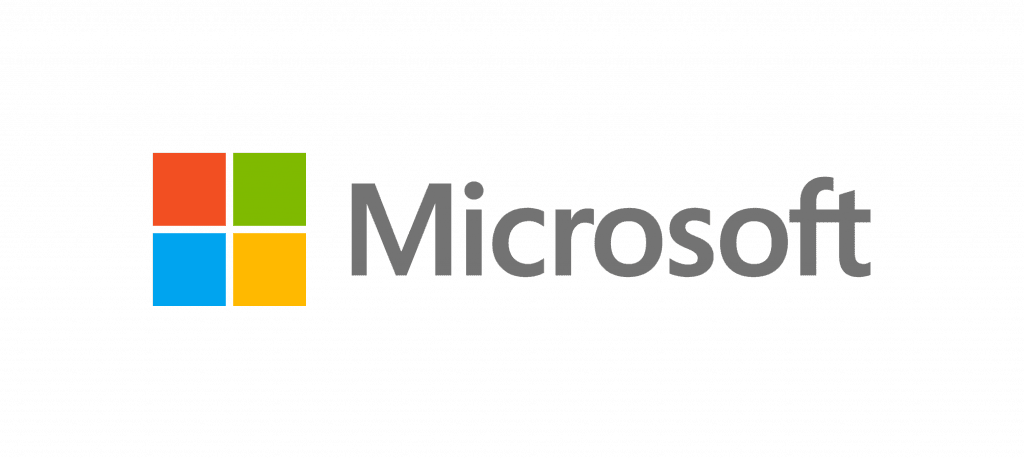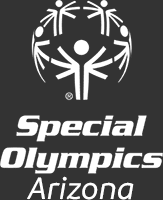Eunice Kennedy Shriver starts a summer day camp for children and adults with intellectual disabilities at her home in Maryland to explore their capabilities in a variety of sports and physical activities.
Together with the Chicago Park District, the Kennedy Foundation plans and underwrites the First International Special Olympics Summer Games, held in Chicago ‘s Soldier Field, with 1,000 athletes with intellectual disabilities from 26 states and Canada competing in athletics, floor hockey, and aquatics.
Special Olympics, Inc. is established as a not-for-profit charitable organization under the laws of the District of Columbia. The National Association for Retarded Citizens, the Council for Exceptional Children, and the American Association on Mental Deficiency pledge their support for this first systematic effort to provide sports training and athletic competition for individuals with intellectual disabilities based on the Olympic tradition and spirit.
More than 30,000 law enforcement officers from every state in the U.S. and seven countries run 26,000 miles in the Law Enforcement Torch Run® for Special Olympics. The 1987 Torch Run raises more than $2 million.
The International Olympic Committee (IOC) signs an historic agreement officially recognizing Special Olympics.
Special Olympics Unified Sports® is launched at the annual Special Olympics Conference in Reno, Nevada.
The eighth Special Olympics World Summer Games* are held in Minneapolis / St. Paul, Minnesota. Six thousand athletes from more than 100 countries make this the largest sporting event in the world in 1991.
* The official name changes in 1991 from International Games to Special Olympics World Summer or World Winter Games.
The fifth Special Olympics World Winter Games are held in Salzburg and Schladming, Austria, with 1,600 athletes from more than 50 countries participating in five winter sports. These are the first World Winter Games held outside North America.
The first-ever Global Athlete Congress takes place in The Hague, The Netherlands. 60 athletes from every region of the world comes together to discuss the future of the Special Olympics movement. Despite differences in language, culture, age and gender, these athletes are able to discuss topics, challenge existing ideals and vote on new resolutions.
The 2003 Special Olympics World Summer Games are held in Dublin, Ireland – the first Summer Games ever held outside the United States. The world’s largest sporting event for 2003 featured 7,000 athletes from more than 150 countries participating in 21 sports.
